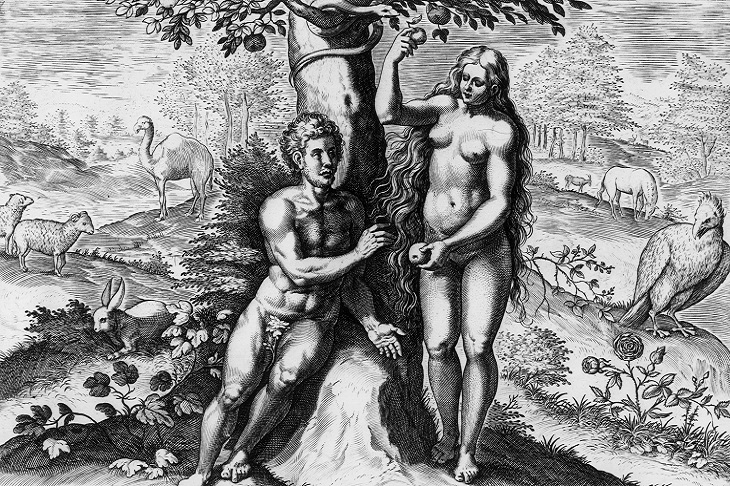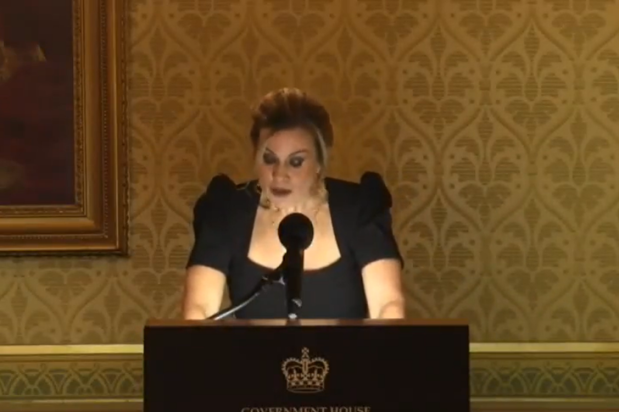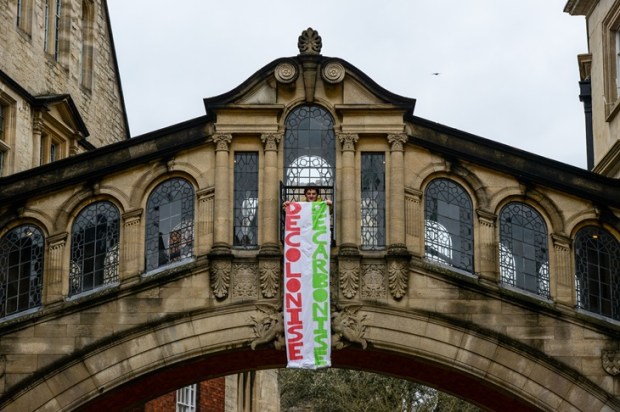Postmodern Woke philosophy does not advocate a substitute morality that one might have the option to endorse or reject; indeed, it does not provide an ‘elective’ morality but insists on a compulsive new world order that requires the destruction of the old. Postmodernism demands that we make a tabula rasa, a clean slate of anything achieved in the past by our so-called oppressive Western Civilisation.
The question is: How did we get to this point? How did we get to a situation where individual human rights no longer exist and where humans are captive to their individual cultural backgrounds over which,...
Already a subscriber? Log in
Subscribe for just $2 a week
Try a month of The Spectator Australia absolutely free and without commitment. Not only that but – if you choose to continue – you’ll pay just $2 a week for your first year.
- Unlimited access to spectator.com.au and app
- The weekly edition on the Spectator Australia app
- Spectator podcasts and newsletters
- Full access to spectator.co.uk


























Comments
Don't miss out
Join the conversation with other Spectator Australia readers. Subscribe to leave a comment.
SUBSCRIBEAlready a subscriber? Log in